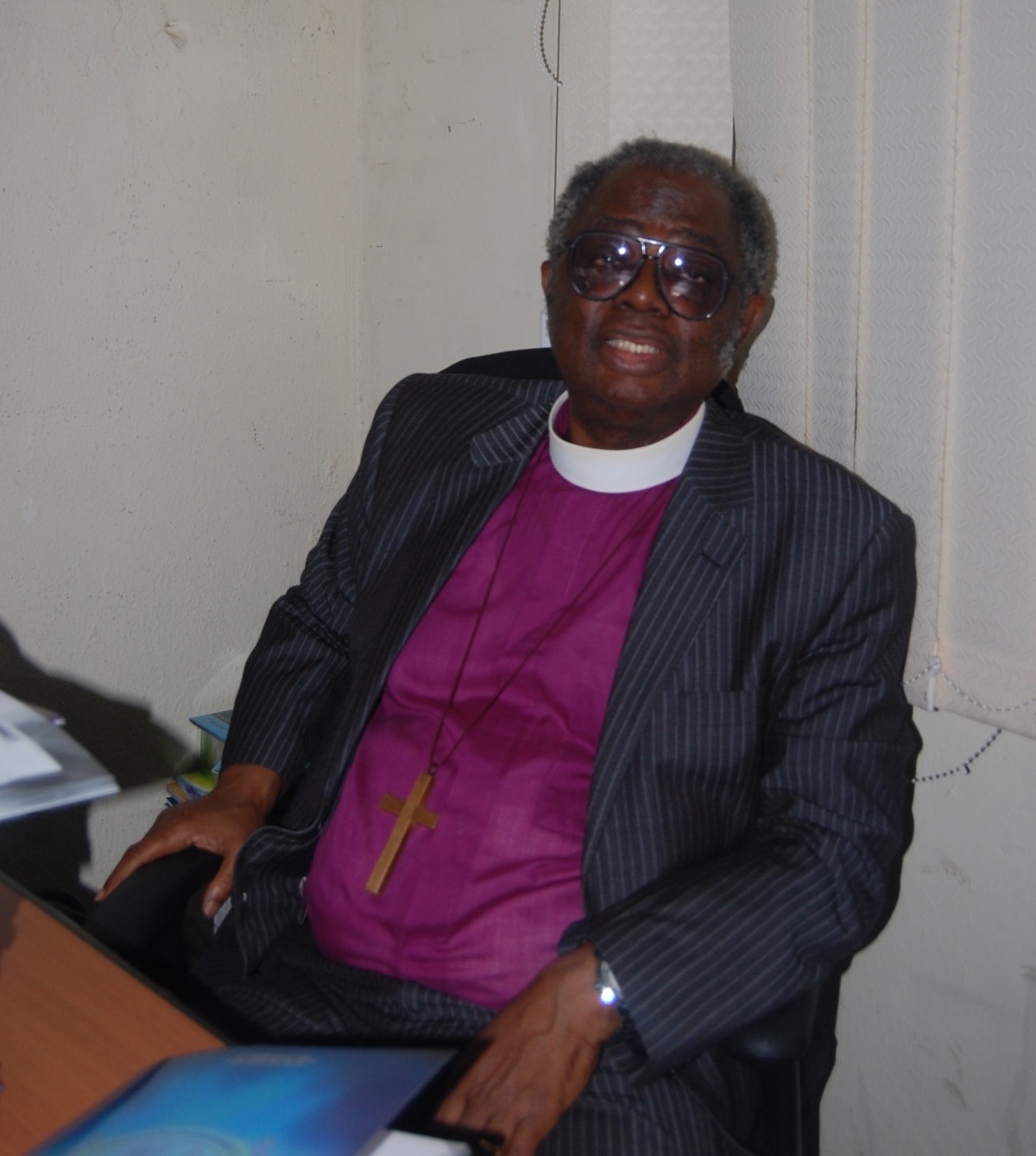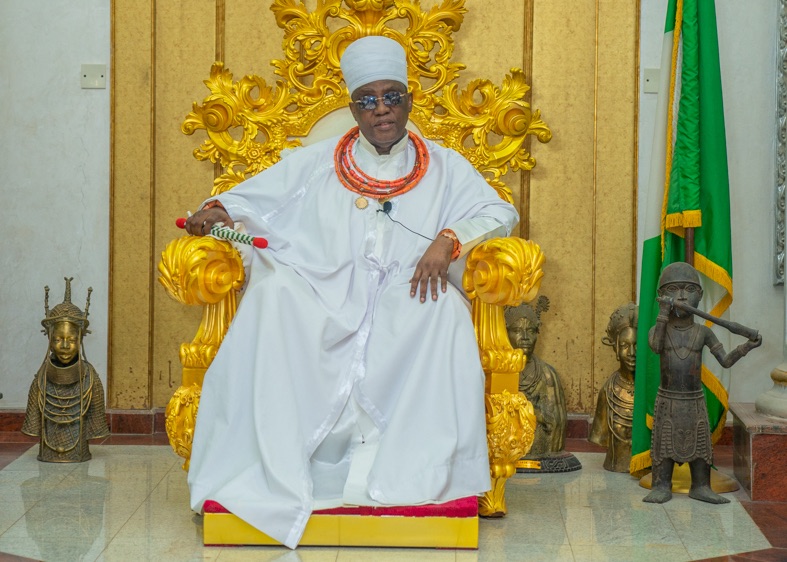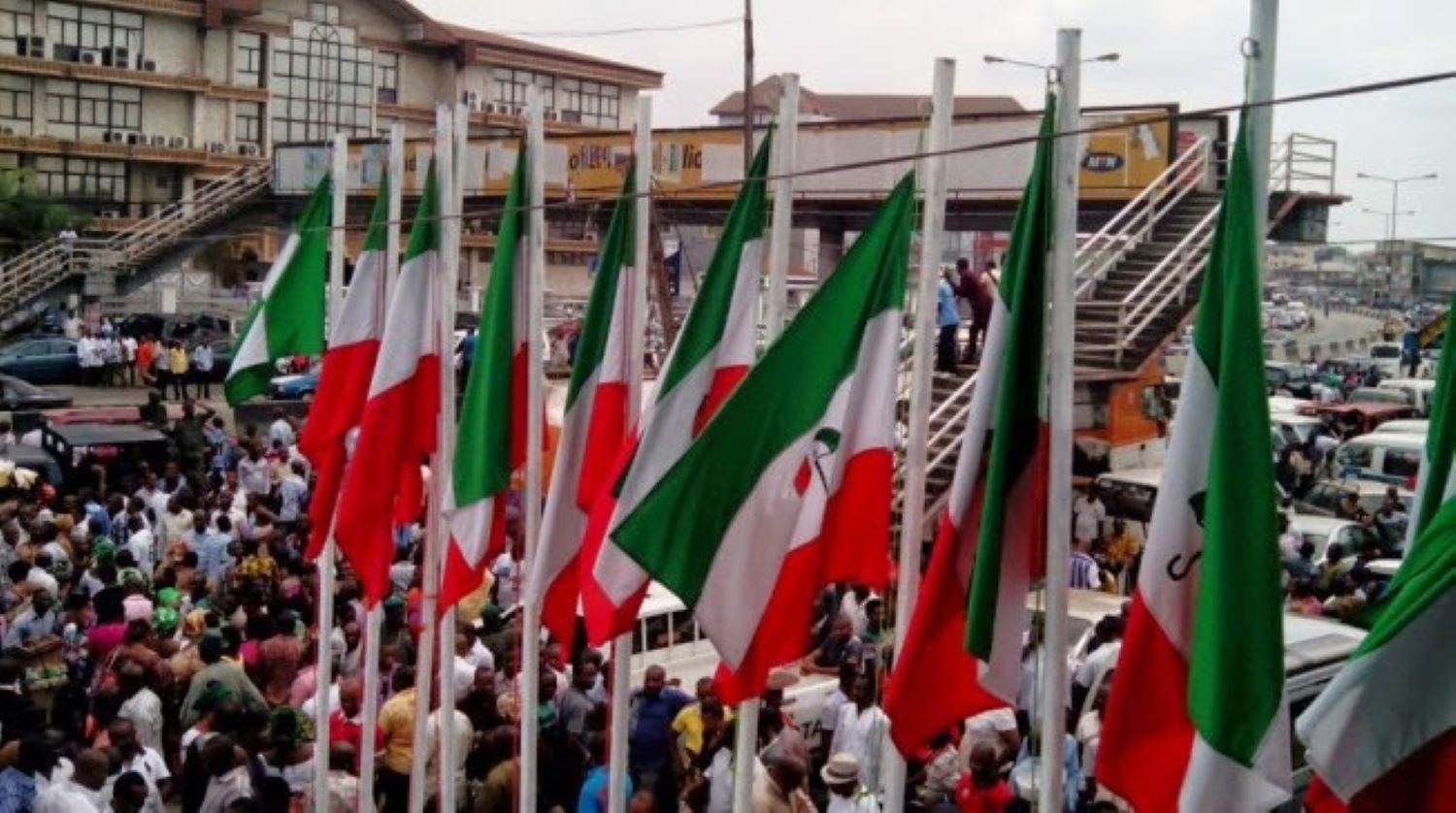The Bishop of Calabar Diocese, Anglican Communion, The Rt. Rev. Tunde Adeleye, has warned that Nigeria will crash if the agitation for restructuring is ignored.
Punch reports that Adeleye, who gave the warning in Calabar, Cross River State on Tuesday, September 5, 2017 during a chat with journalists, said his position was not a prophecy but stressed that there was imminent danger if the leadership of the country failed to embrace the agitation for restructuring.
According to him, the system and manner in which the country is administered is the major reason why real development has not taken place.
The clergyman said any move that would bring about the restructuring of Nigeria would be a welcomed development.
He said, “There must be restructuring and unless this is done, I fear that we may crash as a country. I am not prophesying doom neither am I being pessimistic; however, at this rate where the centre is heavily loaded with money and the states and local governments are not having anything to celebrate, these things will crash us unless we restructure.
“The governors go cap in hand to the centre to get money and you hear things like bailout. A system of government, which will allow people to take care of certain things for themselves, is what will help us. A situation where Abuja dictates education, health, police and even the water that comes from your ground and not controlled by you is not sustainable.”
On how to approach the agitation for true federalism, Adeleye said it must be the collective decision of all Nigerians who would need to decide what they want.
“True federalism can only be approached by our sitting together to decide what we want. The present constitution says, “We the people of Nigeria,” but that is a lie because we never sat down to discuss the country. This country is working together with an agreement and that is what is causing the problem,” he said.
Adeleye also defended state governments, saying they had not failed because they had not been given the power or the instruments of test.
He said he believed that different states had different peculiarities which had to be put in proper context before they could be appraised.
“We need to test them on the basis of what they have. What do they have? You cannot single out the collections of states but you have to look at other collections over time like the Boko Haram collections. But in any case, you cannot put state governments on trial when you have not given them the power to work,” he submitted.
He also called on the government to revisit the report of the 2014 National Conference, adding that it should be one of the resource documents to be used for the restructuring of the country.
Read more at Signal.











